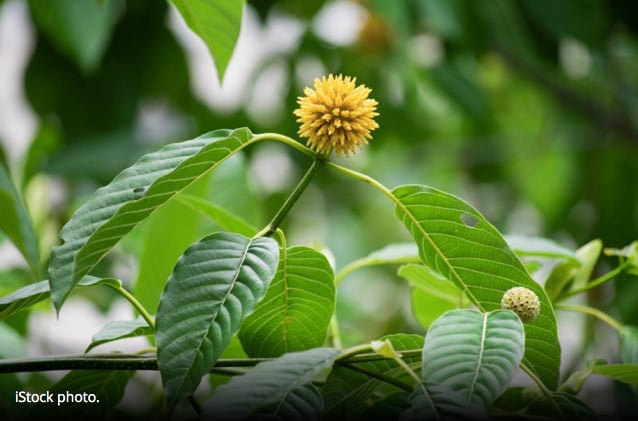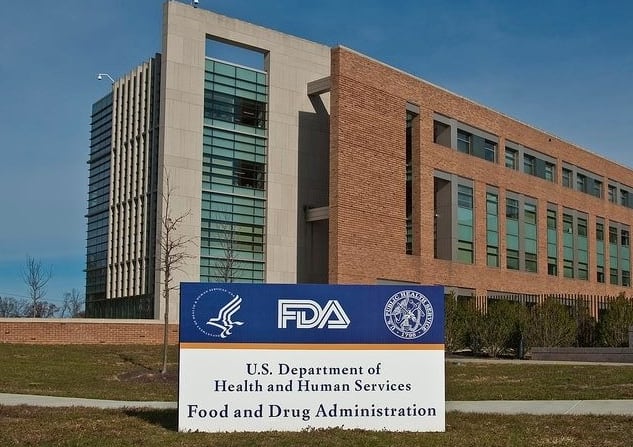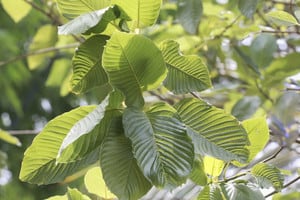According to the Centers for Disease Control, the outbreak in kratom products sickened 199 people in 41 states. During the course of its investigation, CDC expanded the list of salmonella strains observed in the contaminated products.
Leftovers from investigation
While CDC says the investigation concluded in late May, the issue is still trickling through the news. Earlier this month, FDA’s Denver District Office issued a warning letter to a Utah firm called Avalon Packaging. In the letter, FDA said that testing revealed that three different types of kratom products the company was selling were found to be contaminated with multiple strains of Salmonella. FDA noted that the company voluntarily destroyed all of the kratom at its facility and recalled its kratom products.
Kratom is not a legal dietary ingredient, according to FDA. The agency’s position is that the ingredient is a New Dietary Ingredient for which no NDI Notification has been filed. The warning letter contained a lengthy description of the NDI issues surrounding the botanical.
This is a step down from the agency’s previous view of the botanical, which centered on urgent safety concerns. The agency had gone so far as to float a suggestion that it be put on the Drug Enforcement Administration’s schedule one list of controlled substances via an emergency action.
Mixed message on were botanical belongs
However, the agency seems to be currently regulating the botanical as a de facto dietary supplement. In the letter to Avalon Packaging, the agency cited the company for numerous GMP violations, that included inadequate quality control procedures, documentation failures and the like. As a result, the products made at the facility were deemed to be adulterated. In the letter, the agency used this language to make that point:
“These violations cause the dietary supplements you manufacture and distribute including, but not limited to: (b)(4) Kratom, (b)(4), NXTGEN™ Botanicals Maeng Da Kratom, and (b)(4) to be adulterated.” (Emphasis added.)
Illegal claims
Earlier this fall FDA Commissioner Scott Gottlieb, MD issued a statement about illegal opioid treatment claims for kratom.
“Simply put, selling these unapproved kratom products with claims that they can treat opioid withdrawal and addiction and other serious medical conditions is a violation of federal law,” he said.
In response to the salmonella contamination episode, the American Kratom Association released a mandatory GMP program for its members. It has also said that as a condition of membership companies may not make illegal opioid treatment claims.



